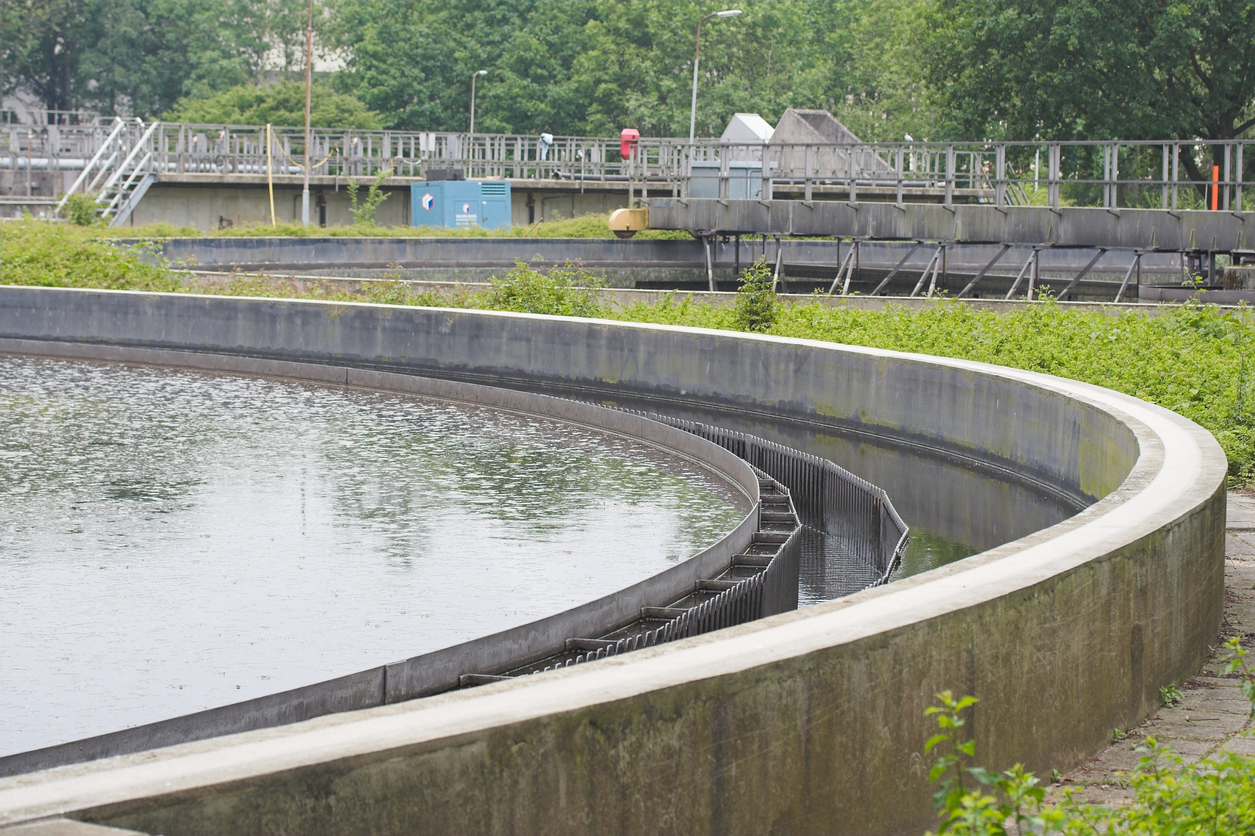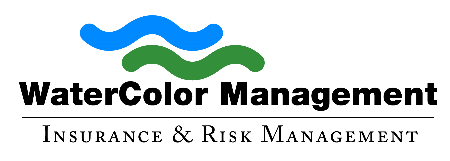
Consistent access to safe, fresh water is more important than many people realize. Water treatment plants play an essential role as a safe and reliable water source for communities. Unfortunately, that role comes with significant risks and liabilities as well. Insurance agents serving these providers should understand the challenges faced by each water treatment program daily. The more you understand the risks associated with water treatment plants, the easier it is to help your clients practice risk mitigation.
Water Quality and Regulatory Compliance
Water contamination seriously threatens public health, making water treatment plants critical. Treatment facilities must adhere to strict regulatory standards to ensure safe water supplies. Insurance agents should understand the impact of contamination risks and the legal and financial consequences of potential regulatory violations.
Infrastructure and Operational Failures
Pipeline leaks and equipment malfunctions are nightmares for water treatment plants in terms of environmental impact and property damage risks. Insurance agents should educate their clients on the repercussions of operational failures, emphasizing how disruptions in operations can lead to challenges in maintaining water quality.
Environmental Impact
Water treatment plants are responsible for ensuring water quality and minimizing their environmental footprint. Responsible environmental practices are crucial for the long-term sustainability of water treatment facilities. Agents should address discharge violations, pollution liability, and habitat disruption, providing insights into the legal and environmental repercussions of these impacts.
Health, Safety, and Community Concerns
Employee and public safety issues are essential, both from a moral standpoint and due to their legal implications. Insurance agents should consider the public relations challenges that arise when the community is unhappy with a water treatment program’s operations. By offering solutions to enhance safety protocols and community engagement, agents can position themselves as partners in risk mitigation for their clients.
Cybersecurity Risks
In an increasingly digital world, water treatment plants are vulnerable to cybersecurity threats. Agents should address the potential legal and financial consequences of data breaches and the operational disruptions caused by cybersecurity attacks. Offering guidance on cybersecurity measures and insurance coverage tailored to this specific risk will be invaluable for water treatment plants striving to protect their critical infrastructure.
Help Your Clients Secure Water Treatment Insurance
Insurance agents should emphasize the importance of comprehensive risk management strategies to help clients navigate the complex landscape of water treatment plant risks. A comprehensive risk mitigation plan includes staff training on safety and cybersecurity, regular maintenance procedures, and appropriate insurance coverage.
By understanding the specific liabilities faced by a water treatment program, agents can tailor insurance solutions to address these risks effectively. They can also play a vital role in securing the future of clean and safe water for the communities they serve.
Showcasing this knowledge helps agents position themselves as supportive, trusted advisors and partners in risk management for their water treatment clients. Through education, collaboration, and tailored insurance solutions, agents can contribute to the resilience and sustainability of water treatment plants.
About Watercolor Management
Watercolor Management has insured the water industry for over 30 years. Our policies include unlimited defense cost coverage in the event of a lawsuit against you. Call us at (855) 929-0824 or email info@watercolormanagement.com for a quick quote for your Water Business Professional, Products/Completed operations, Pollution, and General Liability Insurance.




